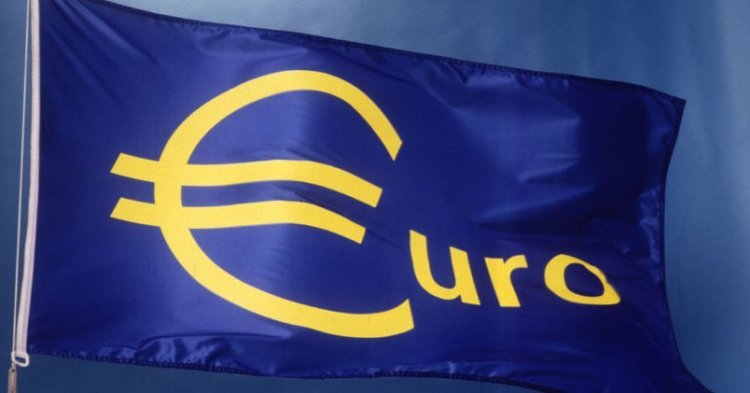Europeans remain dynamic about the European Monetary System (EMS) and the European Currency Unit (ECU), considering the euro as a common currency, and not as a unique one. In this sense, they possess the same attitude as the British, but without the frankness of our friends across the Channel who refused the unique form of currency.
With a common currency, you have an additional currency that doesn’t take away from the national one. This economic reasoning allows for varying tax policies as well as fluctuation between margins of national currency. In the case of a unique currency, these variations no longer exist because exchange rates are fixed.
This is why when one country who uses the euro catches a cold, the entirety of Europe starts coughing and getting feverish!
Thus it is imperative, since we have this model of a unique currency, for the European Union to arrange a set of agreed upon economic regulations: common tax regulations and common budget regulations.
Without this essential convergence, the euro has no future. Its birth gave hope that the future would lead to a political Europe. But realistically, this hasn’t happened. Each state is holding onto a prerogative which they can no longer afford to do, nor is it legitimate for them to do so.
It’s bad enough when an accident happens that shakes an entire structure. With this crisis, an accident has taken place, and like an earthquake, it has damaged the homes that are already unstable and broken. Urgent measures were taken to help those who were hit the hardest. However, no remedy has been found to cure those who were hit, and the risk of the spread of the epidemic is certainly not small.
Some say that the United States is sicker than Europe. Undoubtedly. Yet the American ship continues on its course while the European ship has slowed its pace, still ahead of the boats of China, Brazil, Nigeria, etc., but who knows for how long.
Why are all of these ships gaining ground? For a simple reason. They only have one captain, a united crew, and a single machine.
Why is Europe slowing down? Because, taking on the Euro-Zone, it has seventeen captains, seventeen divided teams, and all of its machinery functions with unequal power.
And therein lies the tragedy of our old countries, incapable of existing alone in the international scene, but still attached to the nostalgia of old times. They still pretend to give lessons to others. France and Britain are the leading figures of archaic insolence.
Given the difficulties of what has happened in the situations of Greece, Ireland, and Portugal, and taking into account the fragility to Spain, Italy, and even France, there is no time for procrastination: we must follow through and create a political Europe.
To make a political Europe means we must create a supranational state which is federally fueled, with the prerogative of national sovereignty translated into the following: diplomacy, defense, currency, economy, taxes, and the sharing of finance skills to the federal state.
The euro will then exist in a formal setting that will provide a set of operating rules respected by the federal states; it will play, more so than today, an international role conducive for establishing Europe’s authority in worldly affairs.
To achieve this goal of one currency, of one state, the people of Europe and not governments need to address in the national elections the need for states to have the courage to recognize these conditions.
We must seize the opportunity of the European elections in June 2014 to launch a serious debate on this issue and make Europeans vote for this project. It is possible to achieve this goal in two years.
As for the immediate future, it is vital to save Greece, to save the euro, and to save the twenty-seven states of Europe!


Follow the comments: |
|
